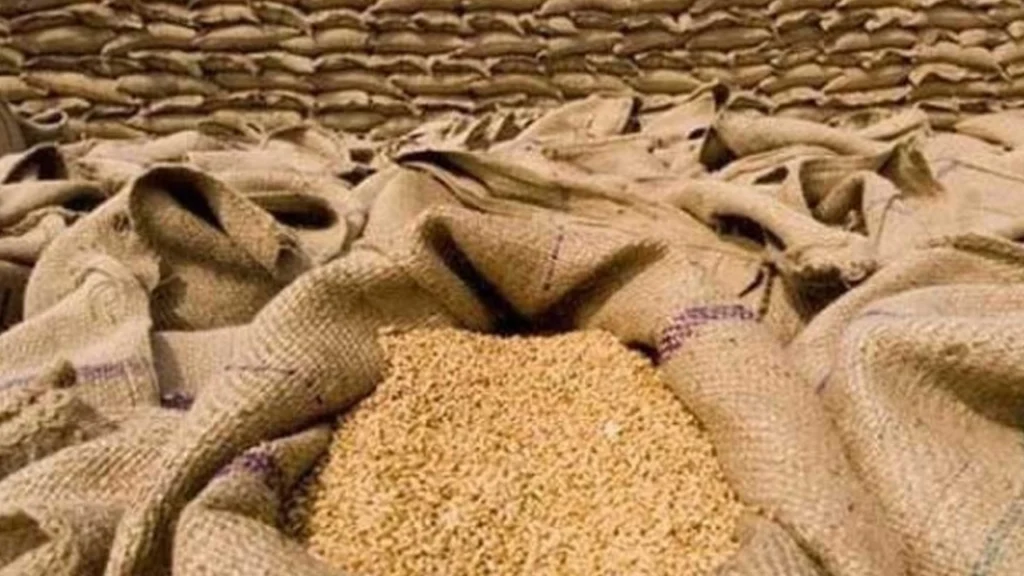- Web
- Feb 05, 2026
Sindh govt unveils Rs58bn relief package for wheat farmers
-

- Web Desk
- Oct 11, 2025

KARACHI: The Sindh government has announced a Rs58 billion relief package for wheat farmers that will benefit around 411,000 cultivators owning between one and 25 acres of land.
The provincial government has also recommended to the federal government to import two to three million tonnes of wheat.
According to the provincial government, wheat growers in Sindh will receive financial assistance of Rs24,700 per acre, which will be provided directly to farmers before the sowing season begins.
Provincial Agriculture Minister Sardar Bux Mahar said that supporting farmers through financial hardships is a top government priority.
He noted that Sindh currently holds 1.385 million metric tonnes of wheat in reserves, while prices in the open market have surged to Rs9,000 per 100 kilograms.
The Sindh Food Department has recommended importing two to three million tonnes of wheat and proposed an Rs84 billion subsidy under the 2025–26 Wheat Release Policy to keep flour prices stable.
To ensure transparency in the distribution of financial aid, the provincial government has set up monitoring committees under the supervision of directors general.
Economic experts warned that delays and hoarding could worsen food insecurity in Sindh.
In July, a representative body of farmers from Sindh had asked its members to stop growing wheat and support its legal challenge to a new income tax on agriculture.
The decision had raised concerns over the future of Pakistan’s wheat crop and relations with the International Monetary Fund (IMF), whose conditions for a $7 billion loan included imposition of a tax on farm incomes. Under that agreement, Pakistan’s provinces were obliged to assess and collect an income tax on incomes from agriculture.
Across Pakistan, farmers were hit hard in early 2024 when prices of wheat dropped by more than a third, after the provincial government of Punjab abruptly retreated from purchasing stocks of the new crop at a price that it had promised earlier. That decision forced down the price of wheat all over Pakistan.




